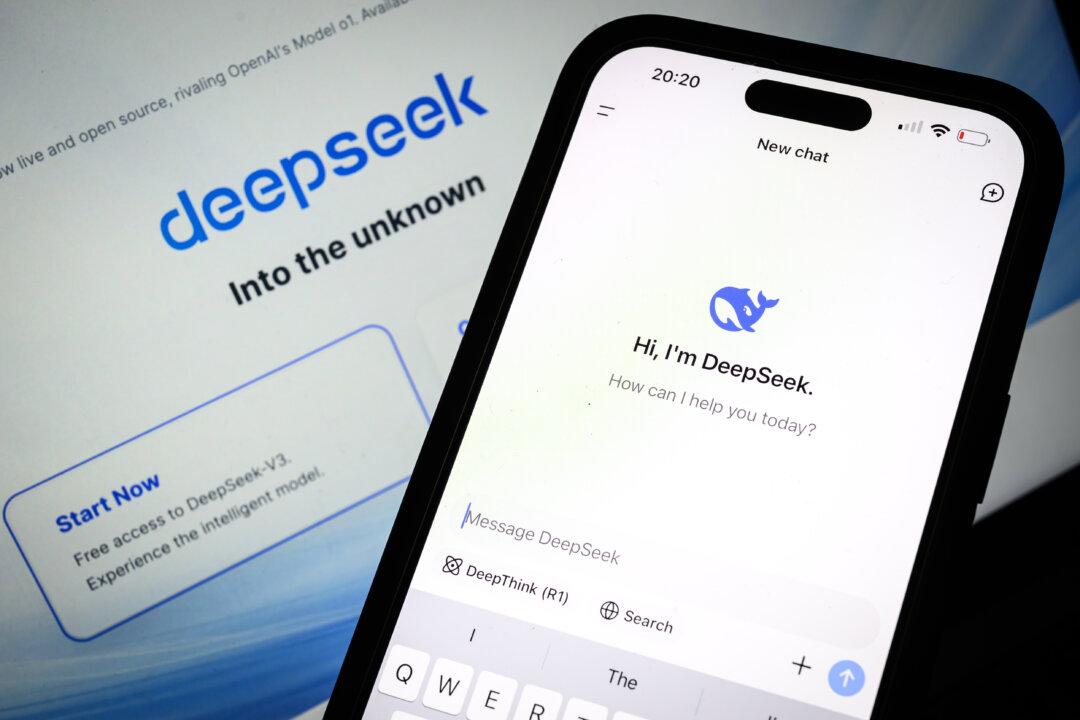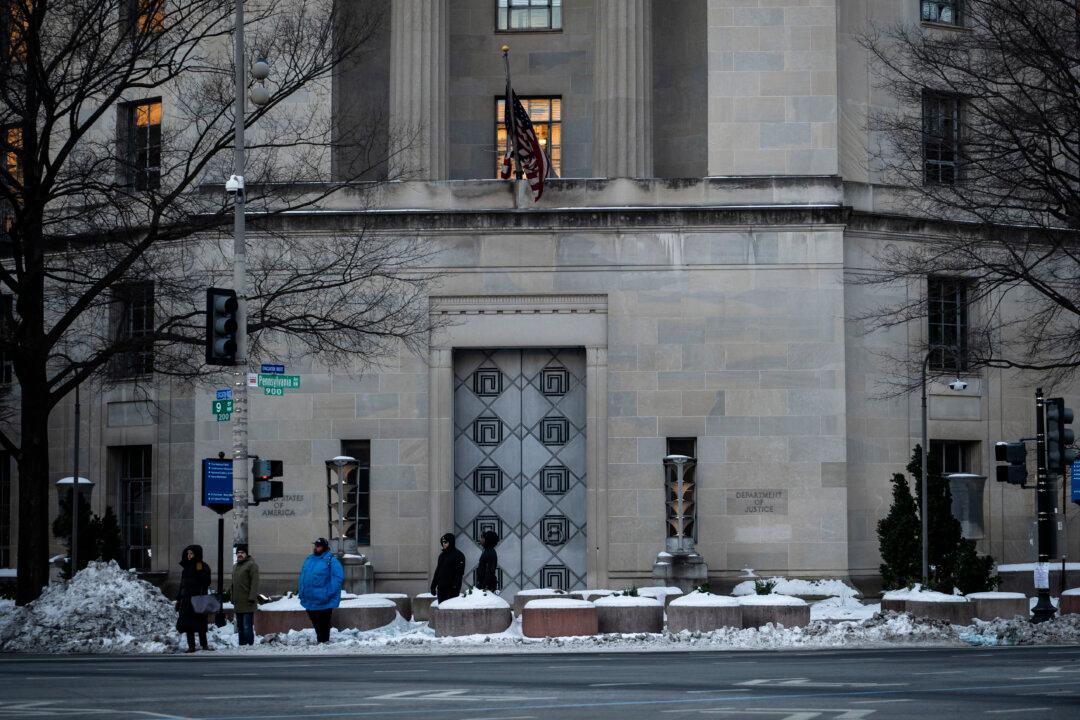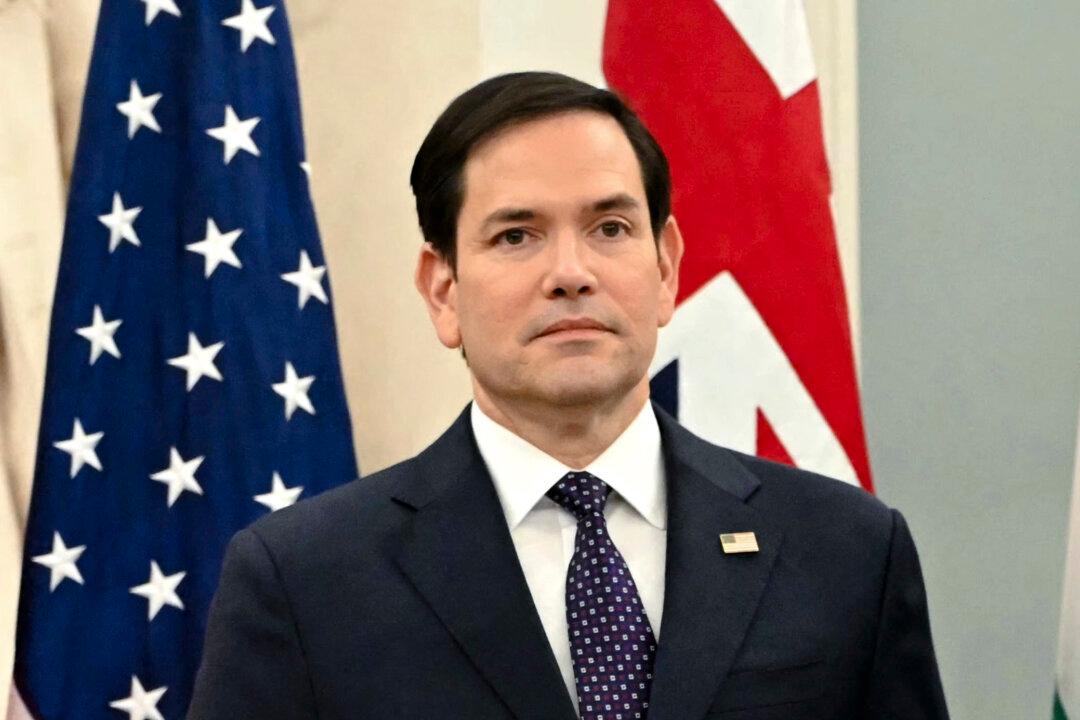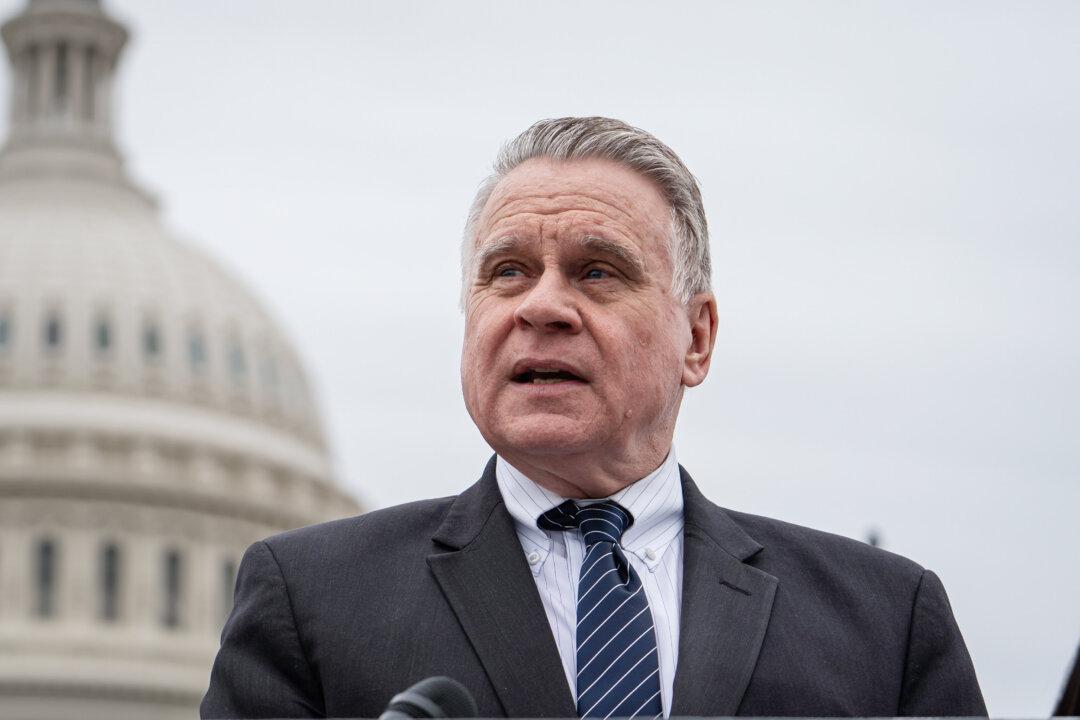In the lead-up to another weekend of anticipated protests, four democracy activists in Hong Kong were arrested by the police. Meanwhile, two other activists were assaulted, drawing condemnations from legislative councilors.
The police made two “high-profile arrests” on Aug. 30, according to Isaac Cheng Ka-long, vice chairman of Hong Kong’s political party Demosistō, including the party’s general secretary Joshua Wong and party member Agnes Chow.
He said the action was “spreading white terror” ahead of the weekend when it is anticipated that more mass rallies will be seen in Hong Kong as the protests head into their 13th week.
Cheng made the remarks at a press conference and added that such terror was intended to suppress the ongoing Hong Kong protests and the people’s freedom of speech.
Cheng explained that Wong had been accused of “inciting unlawful assembly, organizing unlawful assembly, taking part in unlawful assembly” during the protest outside Wan Chai police headquarters on June 21. As for Chow, she was arrested on the grounds of “inciting unlawful assembly” at the same protest.
Cheng said the Hong Kong government is now trying to create “leaders” in what have been “leaderless and organization-less” protests.
China’s state-run media Xinhua, in an opinion article published on Aug. 13, had accused Wong, Demosistō member Nathan Law, and student representative from the University of Hong Kong Jordan Pang Ka Ho, of being “leaders pushing for Hong Kong’s independence.”
Xinhua then concluded that these “leaders” would eventually “reap what they have sown.”
Cheng said he believes the arrests are the Hong Kong government’s way of showing Beijing that it has the ability to end the protests itself—by targeting the people that the CCP has accused of being “protest leaders.”
Millions of people in Hong Kong have taken to the streets since early June in protest against a now-suspended extradition bill that was first proposed by the Hong Kong government in February. Since its introduction, the bill immediately met with resistance from within Hong Kong’s pan-democracy camp.
Many people have viewed the bill as Beijing’s encroachment on the city’s judicial independence, since China could demand the city government hand over suspects to be put on trial in China’s courts—notorious for being a tool by the Chinese Communist Party (CCP) to silence critics and punish dissidents.
Later on Aug. 30, Rick Hui Yui-yu, a Sha Tin district councilor of the pan-democracy camp, was also arrested by police and held at Kwun Tong police station, according to Hong Kong media. The reason for his arrest is not known at the time of writing.
Andy Chan, a founder of the pro-independence Hong Kong National Party that was banned last September, was also targeted by police. Earlier on Aug. 29, he took to Facebook to say that he had been detained at Hong Kong’s international airport.
‘Intimidation’ Attacks
At around noon on Aug. 29, Jimmy Sham, convenor of the Civil Human Rights Front (CHRF), the main opposition group behind multiple mass protests in the city, was assaulted in a restaurant in Kowloon by two masked men wielding a long knife and a baseball bat.The Democracy Party issued a statement that evening condemning the assault against Sham and Chung. It urged the police to quickly look for the perpetrators behind the attack.
Sham, speaking to local broadcaster RTHK in the morning on Aug. 30, said that he was certain that the attack against him had to do with his participation in the recent protests as part of CHRF.
Chung, also speaking to RTHK, said the attack against him was an act of terror. He said he believed he was targeted as a way to intimidate protesters and deter them from taking to the streets on Aug. 31.

On the CHRF’s Facebook post about the cancellation, many people voice their gratitude and urge the group to hold marches in the future.
Chung added that he would not be deterred to continue taking part in the protest, and said his fellow Hongkongers would also not surrender to such foul tactics.





